- Where We Work
- Interactive Map
- Afghanistan and Pakistan
- Africa
- African Union
- Power Africa
- Trade and Investment Engagement
- Angola
- Benin
- Botswana
- Burkina Faso
- Burundi
- Cameroon
- Central Africa Regional
- Central African Republic
- Chad
- Côte d'Ivoire
- Democratic Republic of the Congo
- Djibouti
- East Africa Regional
- Ethiopia
- Ghana
- Guinea
- Kenya
- Lesotho
- Liberia
- Madagascar
- Malawi
- Mali
- Mauritania
- Mozambique
- Namibia
- Niger
- Nigeria
- Republic of the Congo
- Rwanda
- Sahel Regional
- Senegal
- Sierra Leone
- Somalia
- South Africa
- South Sudan
- Southern Africa Regional
- Sudan
- Swaziland
- Tanzania
- Uganda
- West Africa Regional
- Zambia
- Zimbabwe
- Asia
- Europe and Eurasia
- Latin America and the Caribbean
- Middle East
- Mission Directory

On June 30, 2013 in Cape Town, South Africa, President Obama announced ‘Power Africa’ - an initiative to double the number of people with access to power in Sub-Saharan Africa. In line with this initiative, the United States Agency for International Development (USAID) Growth Office asked Cambridge Resources International (CRI) to develop a course that would address the challenges around private participation in the power sector in Africa.
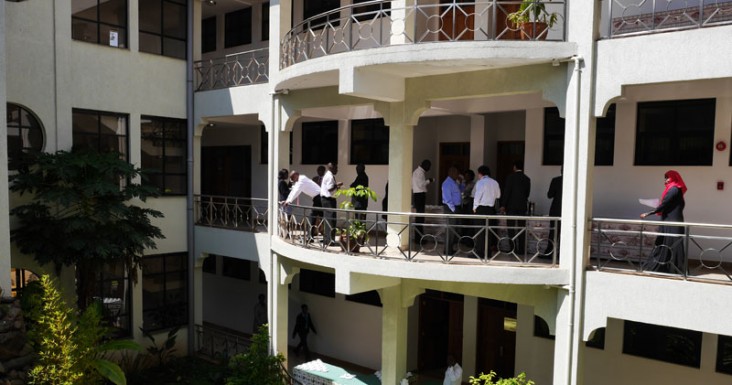
The course was called the program on Public Private Partnerships in Energy Sector: Regulatory, Financial, and Economic Considerations, and it began on March 31 in Nairobi, Kenya. It was sponsored by USAID (through USAID’s LEAD Project where Optimal Solutions LLP is the prime contractor) and the Kenya School of Government (KSG), who was the host of the program.
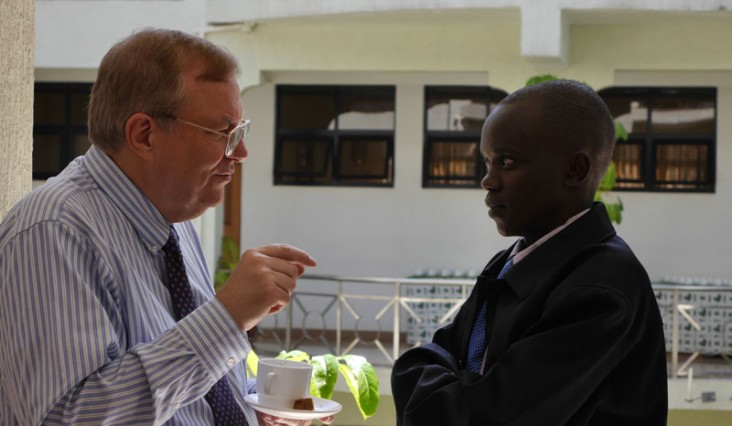
The goal of this program was to address the challenges around private participation in the power sector in Africa, and increase the capacity of governments, operators, and regulators, so they may utilize private investment and operational skills to facilitate sustainable expansion of clean and reliable electricity systems.
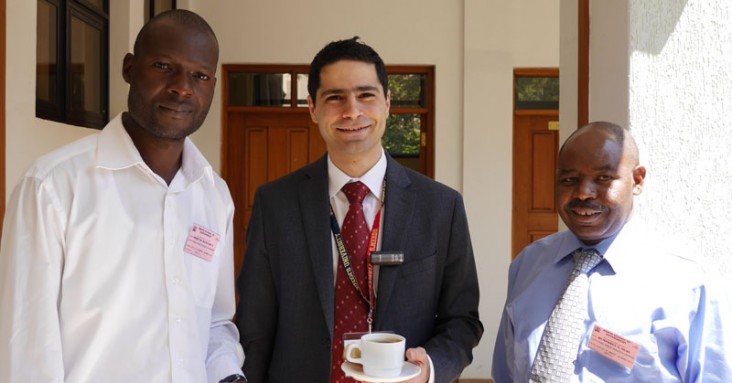
Thirty participants from the following organizations attended the program: Kenya Power and Light Company (KPLC), Kenya Electricity Generation (KenGen), Ministry of Energy and Petroleum, Ministry of Development and Planning, Privatization Commission, Energy Regulatory Commission, Ministry of Devolution and Planning, Kenya Electricity Transmission Company (KeTraCo), National Treasury and Kenya School of Government.
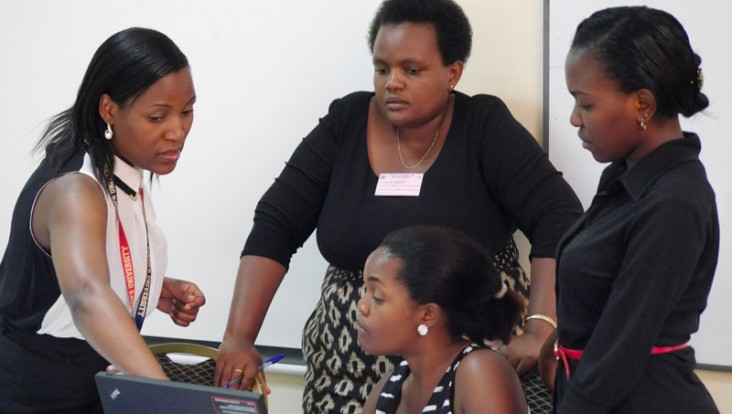
The Program covered in detail a range of subjects in market reform, regulation, and project evaluation, including financial, economic, and risk analysis techniques. Participants were evaluated on their performance on quizzes, solutions to three preparatory case studies, and the competition of a feasibility study. CRI personnel were available throughout to provide guidance with course materials and case studies.
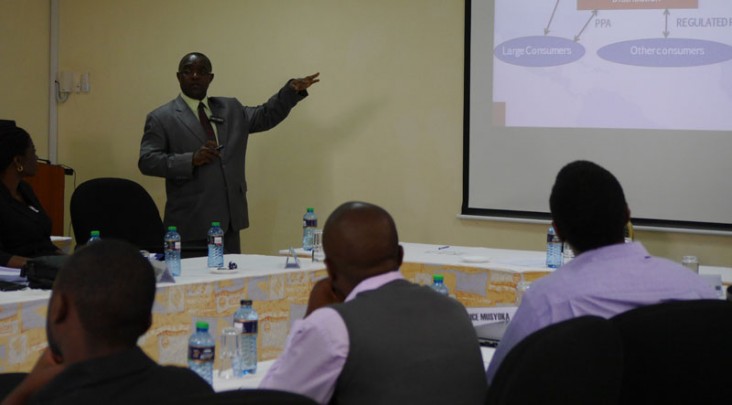
CRI’s Senior lecturers included Prof. Jorry Mwenechanya, former head of Zambia’s Regulatory Commission and the current chairman of Zambia’s Rural Electrification Authority, and Mr. John Wehner, a former Senior Economist at the Florida Power and Light Company, USA. Participants valued learning from international experiences, in particular, those of other African countries facing similar issues.
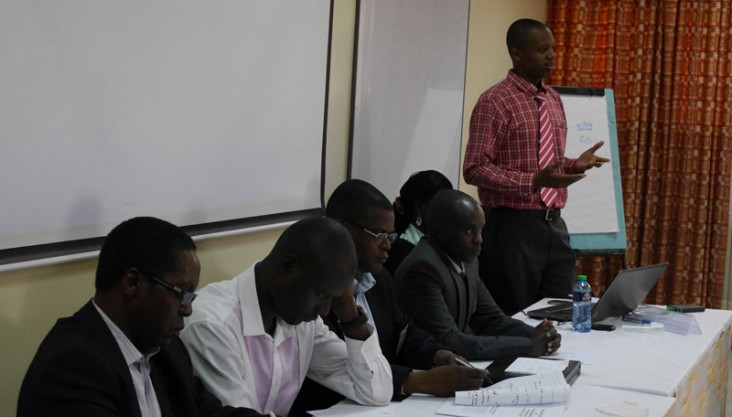
Throughout the program, regulators, operators, and treasury officials, were given opportunities to act on behalf of each other, and learn about their respective challenges and constraints. This included negotiation and approval of power purchase agreements with the private sector, rate and tariff setting procedures, review processes, and legislation updates.
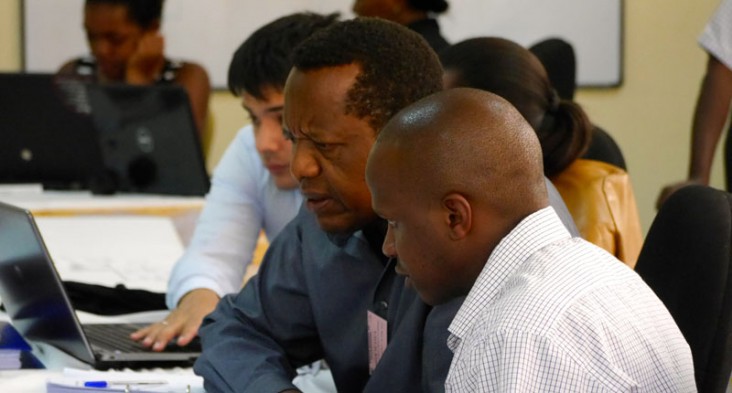
As a part of the course work, each participant applied the knowledge and skills he/she acquired, to prepare
an integrated appraisal of a major investment in the electricity sector.
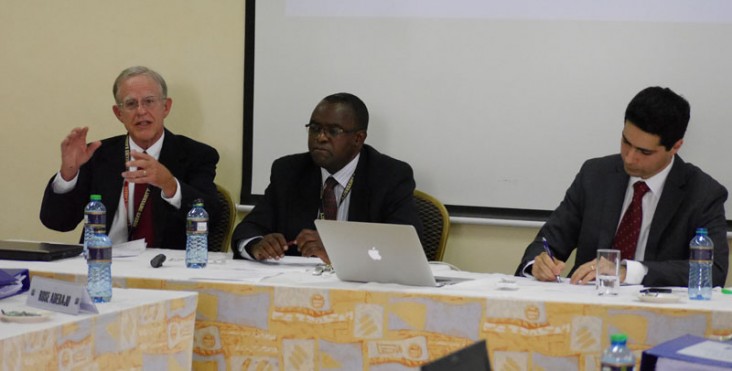
On April 16, 2014, a 3-hour symposium regarding financial, economic, and regulatory considerations of public private partnerships in the energy sector was held. Panelists included Prof Jorry M. Mwenechanya, John Wehner and Bahman Kashi (moderator). Distinguished guests included Juan Belt, Senior Economic Advisor, Economic Policy (USAID), and Conrado Garcia, Mission Economist (USAID Kenya).
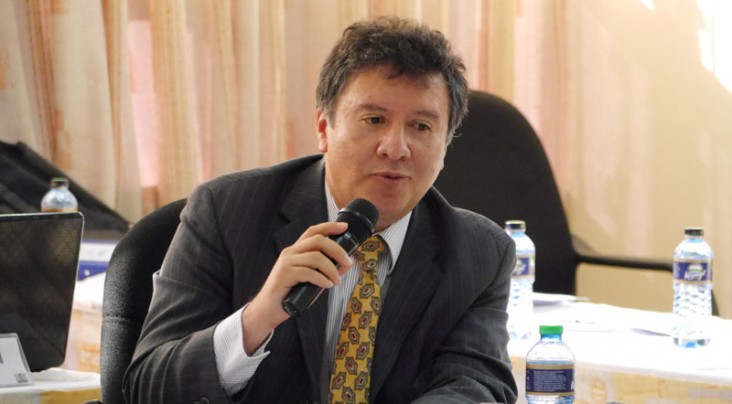
Some of the topics discussed were the current status of the Kenyan electricity sector in East Africa and the world, integration of renewables, rural electrification, and benchmarking. The discussion panel was closed by Juan Belt, who discussed the effectiveness of professional training in this field, and the general objectives of this program in line with the Power Africa initiative.
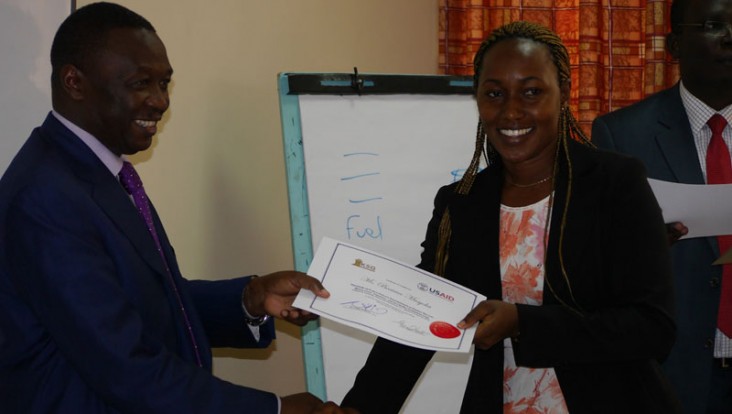
After a month of lectures, quizzes, feasibility studies and discussions, the program had come to an end. The Closing Ceremony was held on April 25, 2014.
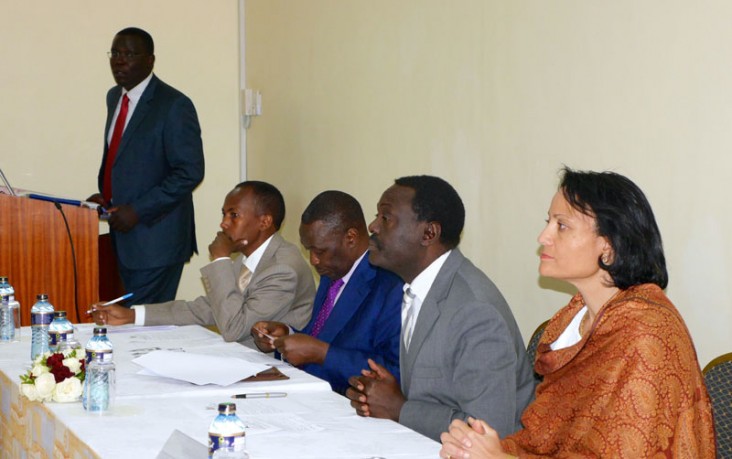
A number of distinguished guests joined the participants to celebrate their outstanding performance in the program including: Joseph Njoroge (Principal Secretary, Ministry of Energy), Tina Dooley-Jones (Deputy Mission Director, USAID Kenya), Ludeki Chweya (Director General, Kenya School of Government), Conrado Garcia (Mission Economic, USAID Kenya), Nura Mohamed (Kenya School of Government) and Obuya Bagaka (Senior Principal Lecturer, Kenya School of Government).
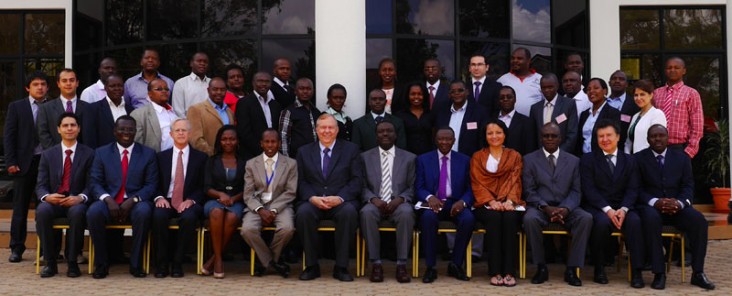
Thank you to everyone who made this program a great success.







Comment
Make a general inquiry or suggest an improvement.